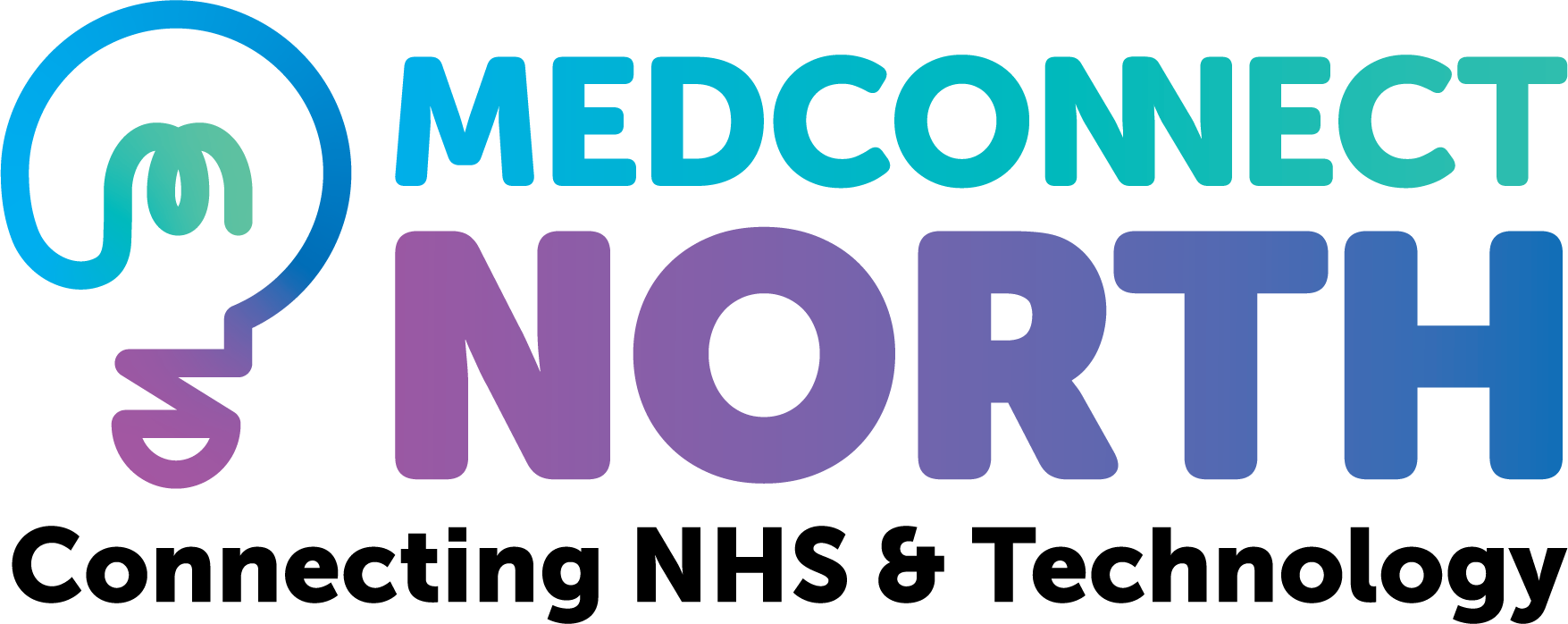In early 2016 MedConnect North introduced Tookie to Dr Saeed Ahmed, Consultant Nephrologist at South Tyneside and Sunderland NHS Foundation Trust (formally City Hospitals Sunderland NHS Foundation Trust)
The meeting considered the potential of adapting the Tookie vest, originally designed to prevent inadvertent catheter fall out in paediatric oncology patients, for use in adult HaemoDialysis (HD) patients. An adapted vest would hopefully be able to support patients fitted with a Central Venous Catheter (CVC) to provide enhanced line security and patient well-being in treatment – ‘A life more normal’.
Vascular access is essential for providing adequate haemodialysis, which is ultimately a life-saving therapy. Complications of CVC use are well documented especially that of catheter displacement and gravitational pull caused by excessive body tissue mass; with one in ten patients affected.
Each line re-instatement costs the NHS approximately £3,000 whilst also affecting the patient’s quality of life.
The renal research team (Dr Saeed Ahmed, Dr Rachel Davison, Paul Corrigan and Debbie Sweeney) and the Research and Innovation (R&I) department (Mr Kim Hinshaw, Lynne Palmer and Emily Brand) supported by MedConnect North subsequently arranged for the Tookie team to hold patient centred focus groups to redesign the vest and create an adaptable product that could be used within this patient population. Focus groups took place between May 2016 and March 2017. In this time the vest has developed across several prototypes with the final design now ready for trial.
Dr Thomas Beale, Clinical Scientist within the Medical Physics department (The Newcastle upon Tyne Hospitals NHS Foundation Trust) has also recently engaged with the project to provide both regulatory and methodological support and guidance.
The next step currently underway is the design of a proof of concept pilot study. The multi-centre study will aim to explore the unmet need of the renal patient to provide a suitable wearable vest to improve their Quality of Life (QoL) and enhance mechanisms that enable the efficient delivery of their treatment. The study will also assess the impact of the garment on clinical outcomes i.e. fall out rates.
The impact of this regional collaboration will be used to inform the need for a larger clinical study which will hopefully in turn inform NICE guidelines. Most importantly, a multicentre research study will allow all suitable patients in the region equity of access to the new vest. It is hoped that this will positively impact the patient experience and enhance their quality of life. They study will also be put forward for the National Institute of Health Research (NIHR) portfolio adoption.
Dr Saeed Ahmed and all the team at City Hospitals Sunderland have proactively supported the collaboration over the last year and the patients have kindly dedicated their valuable time and support also.
City Hospitals Sunderland is uniquely placed in the North East and North Cumbria Nephrology community to undertake such collaborative work. This is due to the Renal department’s interest in “Interventional Nephrology” and vascular access service. They have over the last few years developed an extensive experience in the field of CVC technology and insertion that is second to none in the region. Specifically, Dr Ahmed holds a council position in the Vascular Access Society of Britain and Ireland (VASBI) and regularly feeds back on novel CVC technology to manufacturers. Dr Ahmed has also published articles looking at the prevention of displacement of CVC. A recent paper can be found here: https://www.ncbi.nlm.nih.gov/pubmed/26349889
The North East and North Cumbria Tookie case study is a great example of the collaborative capabilities of the region and the ability to support Small and Medium Enterprises (SMEs) with medical technology research, development and evidence generation.
Dorothy (Tookie Renal Patient Ambassador) said: “When I first became a HD patient, I was totally unaware of what was to come. First of all, coping with the neck line and finding a solution to keep it secure 24 hours a day, because I didn’t want to go through another procedure, trying to be infection free and most of all retaining some modesty in a mixed unit.
“Personally, I felt that I could cope by seeing it as a part-time job. Clocking in at 7.45 and clocking out after 12 noon. The rest of the day was mine within the restraints of the dialysis.
“Four months into my treatment, I was introduced to ‘Tookie’. His foresight and enthusiasm about his product was so inspirational that you wanted to hear more of what was going to happen in the future.
“The concerns for the comfort of HD patients was obvious from the beginning. To give them comfort and modesty in a mixed unit, but most important of all, the vest giving security with restricted movement to the neck line both during the night and day for both male and female patients, alleviating the possibility of having to replace the neck line, causing even more discomfort and anxiety for the patients concerned.
“The ‘Tookie Vest’ being the answer. It is already successfully being used in paediatric oncology units. So, for the wellbeing and future of existing HD patients to be next included is very gratifying.
“The design of the ‘Tookie vest’ will hopefully give confidence that the neck line is secure 24 hours a day. The wellbeing of the patient was the main concern of both the medical and design teams involved.”
